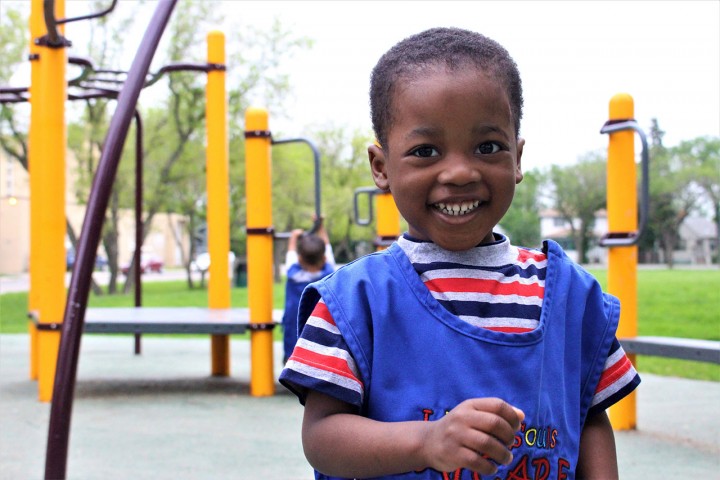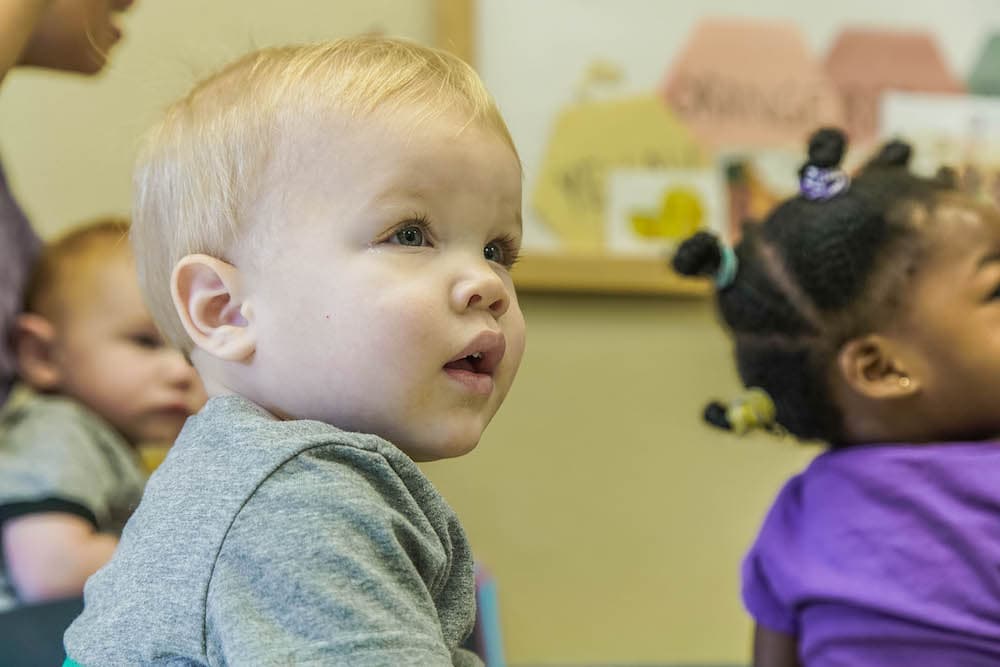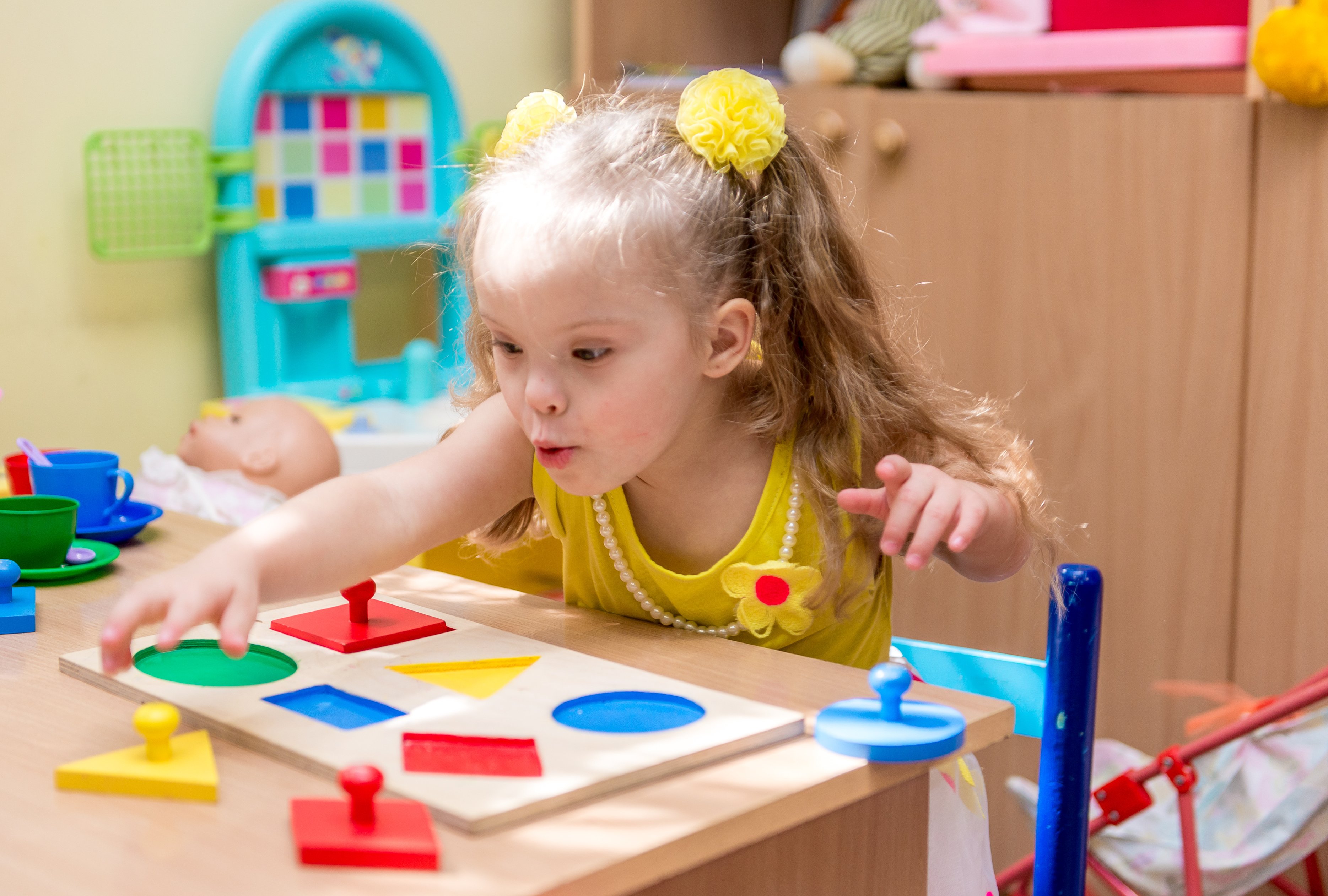Check Out Highly Recommended Daycare Near Me for Infants: Leading Service Providers Near You
Check Out Highly Recommended Daycare Near Me for Infants: Leading Service Providers Near You
Blog Article
Recognizing the Significance of Childcare for Your Toddler's Social Growth and Discovering Knowledge Via Engaging Activities
The significance of daycare in forming a young child's social growth and discovering can not be overemphasized, as it uses an organized environment full of appealing activities that are pivotal for very early growth. These experiences not just boost social interaction however also act as a vital platform for developing interaction abilities, emotional guideline, and resilience. Recognizing exactly how these elements adjoin can give understanding right into cultivating independence and confidence in young children. As we discover the diverse advantages of daycare, one need to take into consideration just how these fundamental experiences influence a kid's future social interactions and overall development.

Advantages of Social Communication
Social interaction plays an essential function in the developmental trajectory of toddlers, acting as a foundation for crucial social abilities. Involving with peers permits kids to exercise communication, learn to share their emotions, and create empathy. Via shared play and participation, they start to recognize social norms, such as taking turns and sharing, which are essential parts of effective social relationships.
Furthermore, social interactions add to cognitive advancement. As young children communicate with their peers, they improve their language skills, increase their vocabulary, and boost their ability to express thoughts and sensations. This exchange of concepts promotes crucial thinking, as youngsters discover to work out, solve issues, and navigate disputes.
In addition, social interaction promotes psychological law. Exposure to different social circumstances helps young children acknowledge and handle their emotions, eventually leading to greater resilience and adaptability. The ability to develop attachments and relationships also improves their feeling of belonging and self-worth, which are critical for total health.
Importance of Engaging Activities
Engaging activities are necessary for cultivating a revitalizing environment that boosts kids' social development. These activities not just captivate young kids's interest yet also promote active engagement, allowing them to explore their surroundings artistically. Via play-based knowing, young children establish crucial skills such as analytic, collaboration, and empathy, every one of which are crucial for constructing healthy relationships with peers.
Joining appealing activities, such as group video games, art jobs, and interactive storytelling, urges toddlers to express their feelings and concepts. This expression is essential for psychological knowledge and helps them recognize the point of views of others. When toddlers engage in these tasks with each other, they find out to discuss duties, share sources, and team up, which are essential aspects of social interaction.
Furthermore, a well-structured atmosphere that consists of varied and stimulating activities helps in maintaining kids inspired and focused. This inspiration fosters a love for finding out and expedition, laying the foundation for future instructional experiences. Ultimately, engaging activities in daycare settings are critical in shaping social abilities, preparing toddlers for effective interactions beyond the class, and nurturing their general development during these formative years.
Developing Interaction Skills
Effective interaction skills are vital for kids as they navigate their early social interactions. In a day care setting, her latest blog kids are subjected to diverse social scenarios that encourage verbal and non-verbal communication. Engaging in conversations with peers and caretakers cultivates language growth, making it possible for kids to reveal their ideas, feelings, and demands better.

Additionally, daycare atmospheres offer possibilities for kids to observe and resemble communication designs of their adults and peers. This observational learning is crucial as youngsters notice social signs, tone, and body movement, which are crucial elements of reliable communication.
Fostering Independence and Confidence
As young children refine their communication abilities, they concurrently start to explore their self-reliance and construct self-confidence in social setups (daycare near me for infants). Childcare provides a structured setting where kids can involve in numerous tasks that motivate freedom. From selecting their own tasks to taking part in team tasks, these experiences empower kids to make choices and reveal themselves
In a daycare setting, kids are usually provided with possibilities to fix problems independently, whether it's figuring out exactly how to share toys or fixing problems with peers. This cultivates crucial reasoning and advertises self-sufficiency. Additionally, caretakers support this development by providing positive reinforcement and guidance, helping children to browse social communications with confidence.

Group activities, such as cooperative video games or joint art tasks, facilitate team effort and educate toddlers the importance of working together. With these interactions, children discover to connect their feelings and thoughts, even more boosting their self-worth and social abilities.
Inevitably, fostering self-reliance and self-confidence in childcare not only prepares toddlers for future social atmospheres but also prepares for a resistant mindset, outfitting them with important Click Here life skills as they proceed to discover and grow.
Building Lifelong Knowing Structures
A solid foundation for long-lasting knowing is essential for toddlers, as their very early experiences form their mindsets in the direction of education and learning and curiosity. Daycare environments play an essential duty in this developing stage by providing structured possibilities for exploration and interaction. Engaging activities, such as team play, crafts and arts, and interactive storytelling, stimulate cognitive development while urging social communication.
Through these experiences, young children discover important abilities such as analytical, communication, and cooperation. They are introduced to the concept of learning as a pleasurable, joint procedure rather than a chore, which cultivates a favorable mindset in the direction of education and learning. In addition, direct exposure to diverse viewpoints and peer communications in day care setups enhances emotional intelligence, promoting empathy and resilience.
Caregivers and instructors additionally contribute substantially to developing this foundation by modeling inquisitiveness and interest for understanding. By motivating concerns and assisting in conversations, they create an atmosphere where kids really feel secure to reveal themselves and discover originalities. Ultimately, the combination of helpful partnerships and engaging tasks in daycare settings lays the foundation for a lifelong love of knowing, equipping young children with the skills and state of mind necessary for future scholastic and personal success.
Final Thought

The value of day care in forming a young child's social growth and discovering can not be overemphasized, as it provides an organized setting filled up with interesting activities that are essential for early development.Social communication plays an important role in the developing trajectory of kids, serving as a foundation for essential social abilities. When kids involve in these activities with each other, they discover to negotiate functions, share resources, and work together, which are essential elements of social communication.
Eventually, engaging tasks in childcare settings are pivotal in forming social abilities, preparing toddlers for effective interactions past the class, news and supporting their general growth throughout these formative years.
Ultimately, the advantages of appealing activities in childcare setups play a substantial function in preparing kids for future social communications and difficulties. daycare for infants near me.
Report this page